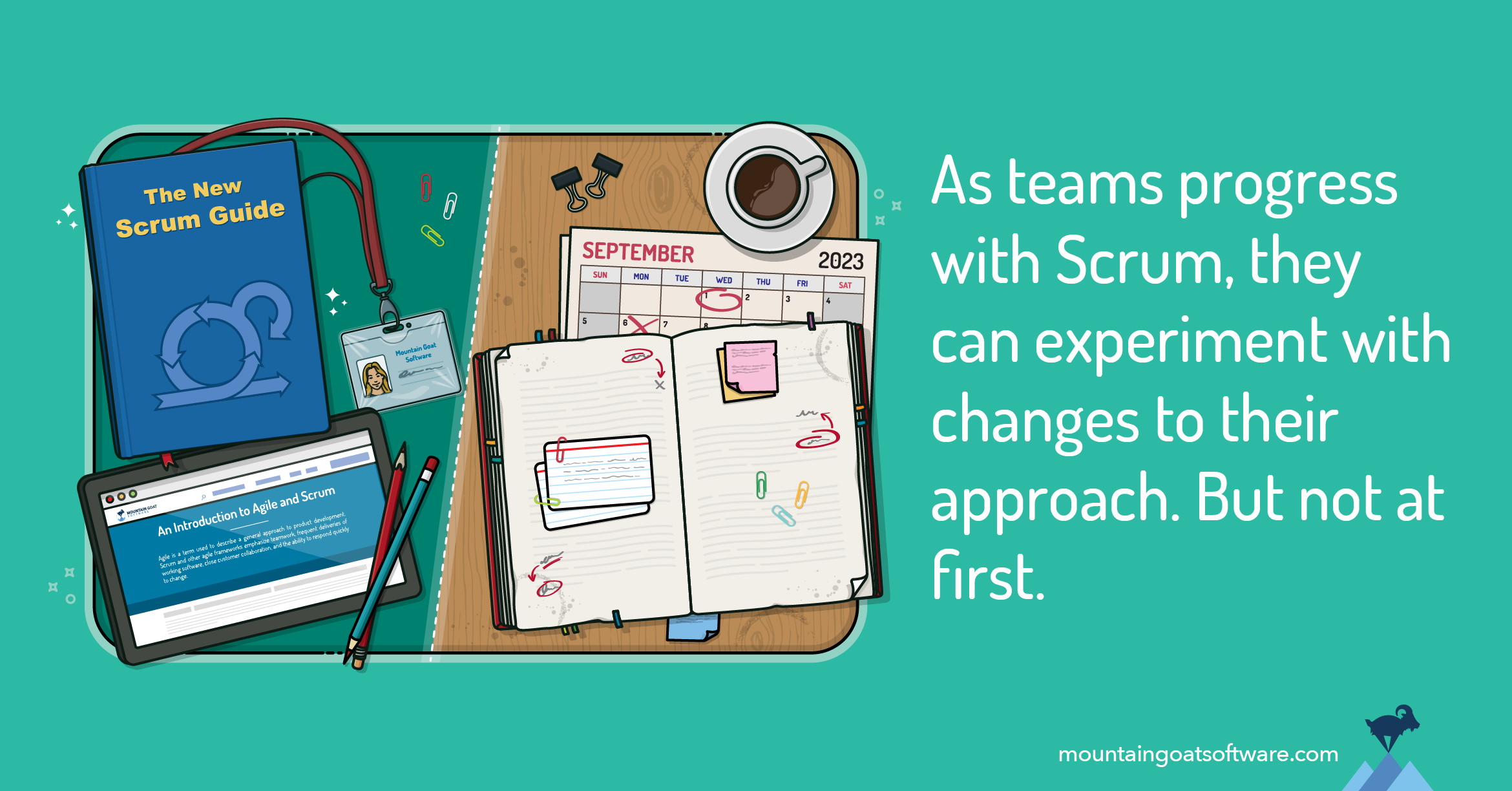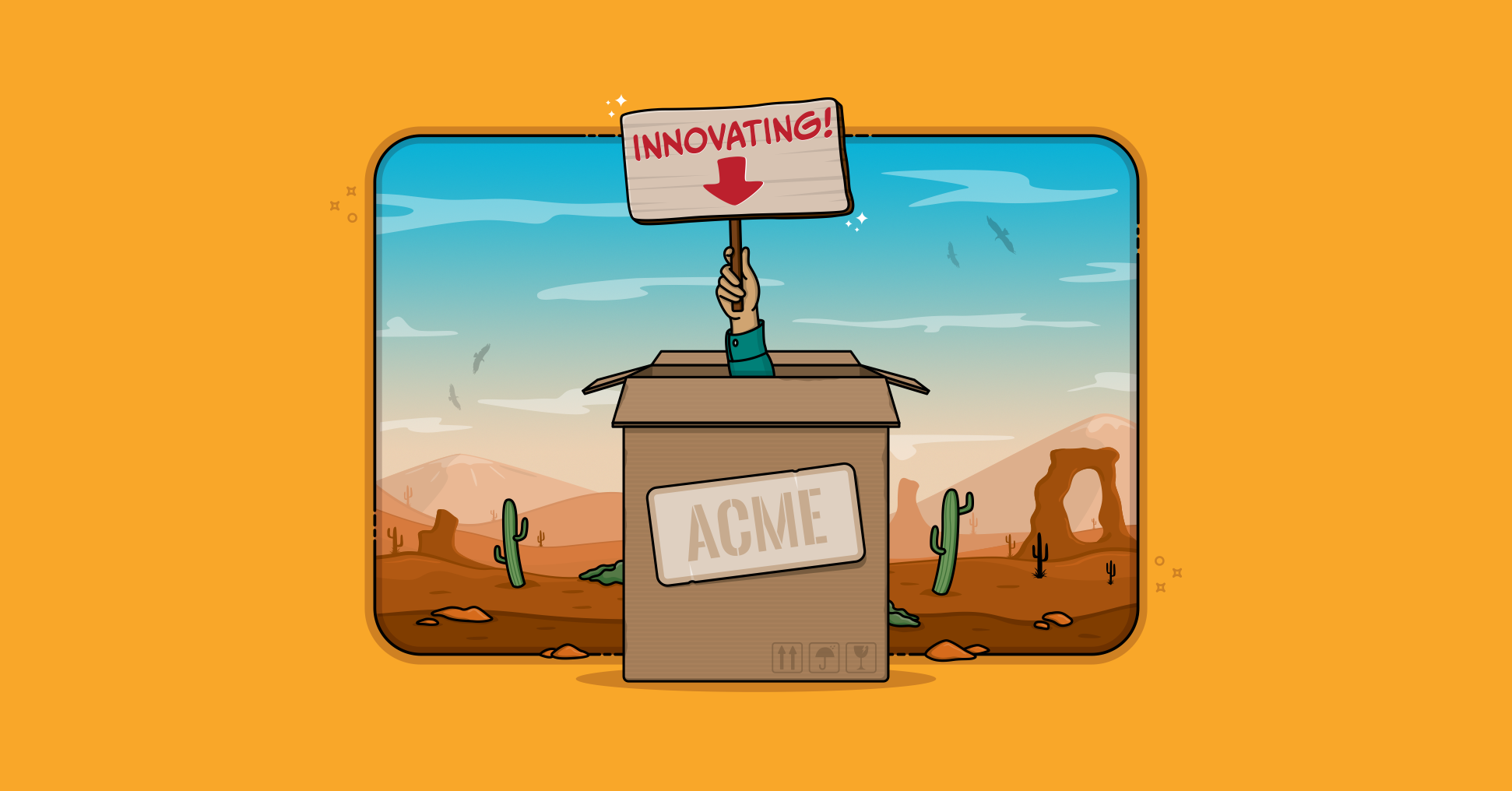New agile teams sometimes question the rules of Scrum. They wonder about the timing and purpose of the Scrum meetings. They contemplate doubling up on the various Scrum roles. They doubt whether they can ever get anything meaningful done in just two weeks.
Maybe that’s why teams who are new to agile and Scrum, including their Scrum Masters, are so tempted to change the rules before they’ve even given them a try.
My advice? Follow the rules when you begin. Then, as you grow as a team, begin to try some new approaches, even if they seem to go against what the Scrum Guide might say.
Find out more in this video. Or read the transcript that follows if you’d prefer.
Just as new Scrum teams may question the usefulness of daily scrums and retrospectives so may new Scrum Masters.
New Teams Should Start Scrum by the Book
The truth about Scrum's evolution is that the various aspects of Scrum have all evolved to support one another. It may seem harmless to perhaps hold a daily scrum meeting only two or three days a week. And when a team has sufficient experience I'll actually be open to hearing their argument for this. I rarely agree but as a Scrum Master, I'm open to it.
But early on, you should do Scrum by the book. Doing Scrum by the book includes doing a sprint retrospective at the end of each sprint and doing a daily scrum, well, every day!
Experienced Agile Teams Can Experiment with New Approaches
While I suggest doing Scrum by the book when you and the team are new to Scrum, you don't want to do that forever. As you and the team progress, your experience should let you identify changes you want to make.
What If an Approach Goes Against the Scrum Guide?
It’s possible some of the team’s approaches may go against what's written in the Scrum Guide. That's fine. Be careful deviating from it but consider it.
Last update: September 12th, 2023







